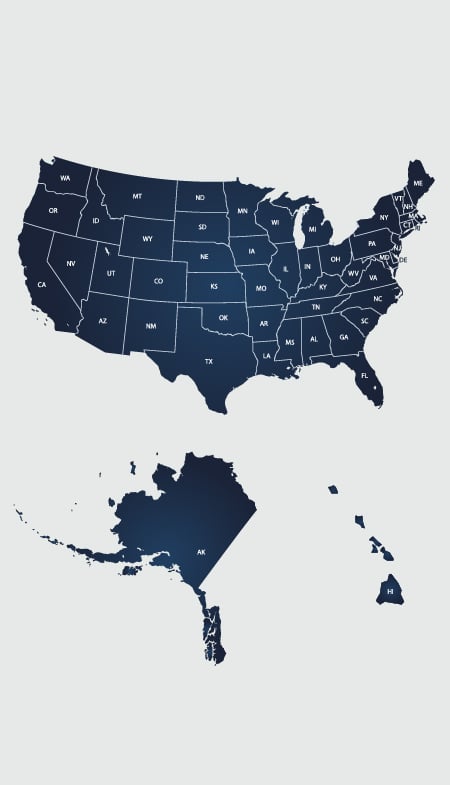Overview
As the health care industry becomes more integrated and competitive, institutions need to maximize the efficiency and delivery of their services.
Ropes & Gray lawyers help hospitals, academic medical centers, research institutions and universities find the right partners. We are experienced in mergers and acquisitions, affiliations, joint ventures and disaffiliations with hospitals, physicians, major pharmaceutical companies, pharmacy benefit managers, health industry software companies, senior living companies, and medical device manufacturers. Our lawyers have both transactional experience and industry knowledge, so they can provide clients with a comprehensive approach to a range of health care transactions.
Our services include:
- Advising nonprofit clients contemplating joint ventures with or disaffiliation from for-profit entities about how to preserve the nonprofit organization’s tax-exempt status
- Navigation of the complicated issues that a major transaction may trigger, in the areas of taxation, antitrust, bond financing, labor and employment and real estate
- Counseling clients about the issues surrounding conversion form a non-profit to for-profit status
- Creations of mergers, acquisitions and divestitures of health care systems, obligated bond groups, and other affiliated entities
As the health care industry becomes more vertically and horizontally integrated, Ropes & Gray lawyers work with health care organizations to manage change. We advise clients about evolving regulatory issues and help academic medical centers, tertiary care hospitals and medical schools collaborate with physicians and faculty members to maximize efficiency and delivery of care.
We can help clients with:
- Incorporation of physician professional services into their delivery systems for the purpose of joint managed care contracting
- Bridging the academic and clinical expectations inherent in faculty practice plan arrangements
- Acquisitions of hospital, physician practice, and other providers
Mergers & Acquisitions
Affiliations & System Consolidations
Separations & Unwinds / “Disaffiliations”
Joint Ventures & Partnerships
Conversions
Private Equity Investments

Health Law Intelligence: Transactions & AI


